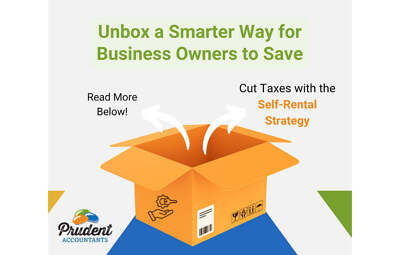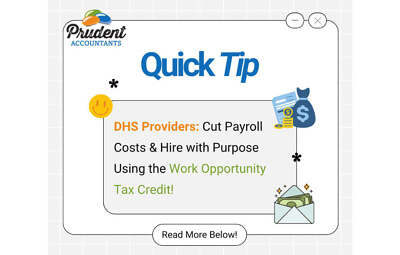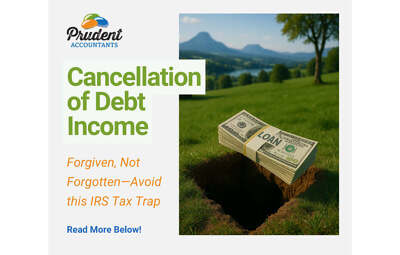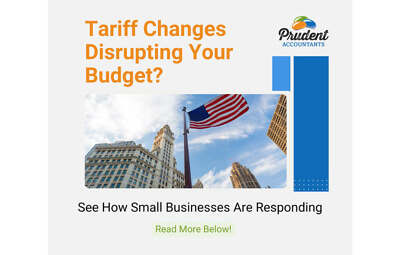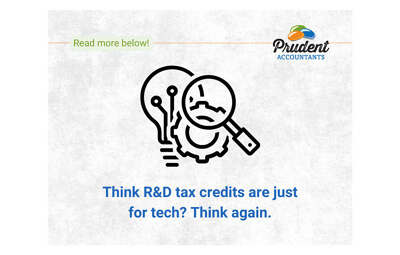Laundry and Cleaning Services | Sales Tax Fact Sheet & Industry Guide
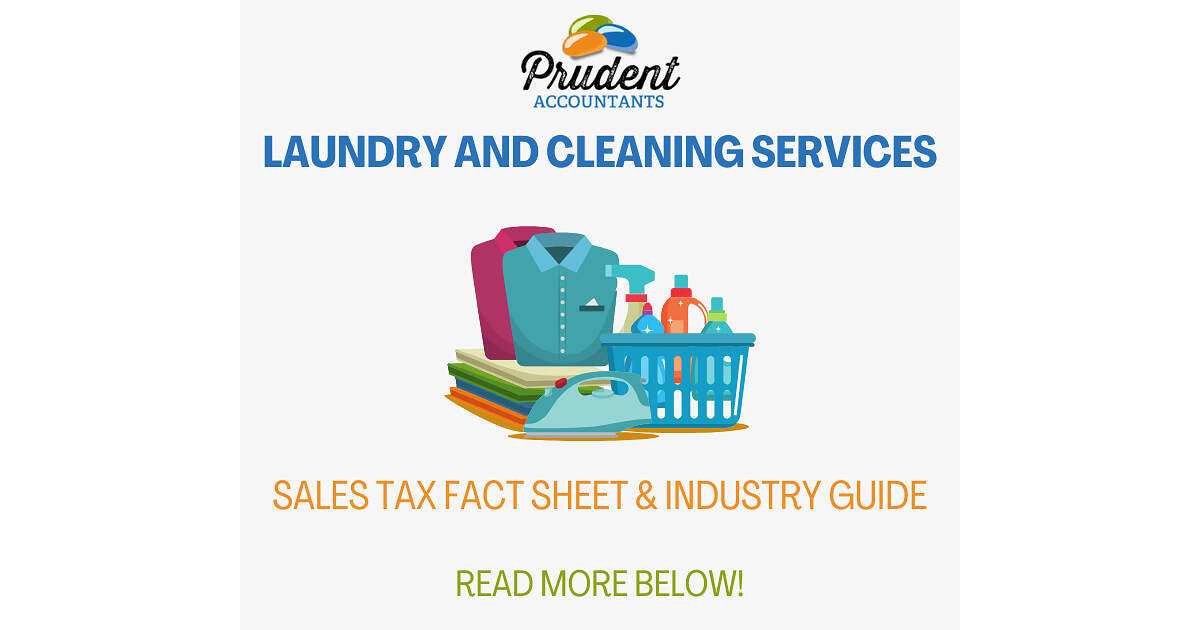
Laundry, dry cleaning, linen service and supply, carpet cleaning, drapery cleaning, upholstery cleaning, and industrial cleaning are taxable. When you perform these services in Minnesota you must charge sales tax on the total selling price to the customer. Sales made through self-service coin-operated laundry and dry cleaning machines are not taxable. However, soaps and cleaners sold to customers for use in these machines are taxable
Materials used or consumed in providing these taxable services can be purchased exempt from sales tax. The exemption is explained on page 2. The exemption applies only to businesses providing certain specific taxable services and does not extend to individuals purchasing these materials for their own use.
Laundry and Dry Cleaning
- Bedspread cleaning
- Dry cleaning
- Dyeing
- Fur (natural or synthetic) cleaning, repairing and storing
- Hat blocking and cleaning
- Laundering
- Leather cleaning
- Patching clothing
- Pillow and pillow sham cleaning
- Pressing
- Smoke damage cleaning of clothing, linens, etc.
- Storage of clothing
- Suede cleaning
- Water damage cleaning of clothing, linens, etc.
Alterations, Repairing, and Storing Clothing
Charges for repairing, altering, and storing clothing are taxable.
Examples of taxable services
- Repairing or patching clothing (replacing zippers, buttons, resewing seams, etc.)
- Altering clothing (shortening or lengthening, fitting, restyling lapels or ties, etc.)
- Embroidery or screen printing done on clothing provided by the customer
- Hat blocking
- Fur (natural and synthetic) cleaning, repairing, and storing
Examples of nontaxable services
- Clothing alterations that are included in the purchase price of an item
- Seamstress’ or tailor’s charges for designing and/or sewing new clothing
- Custom-made shoes
- Embroidery or screen printing done on clothing before the sale
- Shoe repair, dyeing, stretching, and shining
Resale: Taxable services may be purchased exempt for resale if the buyer gives the seller a completed Form ST3, Certificate of Exemption. For example, a clothing retailer may contract with a tailor to provide alterations on sales of new clothing. The clothing retailer buys the alterations exempt for resale. If the clothing retailer includes the alteration charges in the sales price of the clothing, no sales tax is due. If the alteration charges are separately stated on the invoice to the customer, the charges are taxable.
Linen and Supply Service
Supplying laundered items to commercial or household users is a taxable service. Tax applies to the total charge for the service, including both the laundry service and the item supplied. Examples of items provided by linen supply services include:
- Bed linens
- Coats
- Coveralls
- Dust control treated mats, mops, or rugs
- Dust covers for tools and machinery
- Flame resistant clothing
- Floor-mats
- Gowns (hospital, lab, etc.)
- Rugs
- Safety gloves
- Shirts
- Table linens
- Towels
- Uniforms
- Wiping towels
- Work clothes
- Work uniforms
Carpet, Drapery, Blind, and Upholstery Cleaning
The following services are taxable whether performed on the customer’s premises or elsewhere:
- Applying fabric protector
- Carpet, drapery and upholstery cleaning
- Cleaning office panels and partitions
- Cleaning smoke or water damage from carpet, draperies, or upholstery
- Deodorizing
- Fire or smoke damage cleaning of carpet, draperies or upholstery
- Pressing
- Shampooing
- Vacuuming
- Washing venetian blinds
Nontaxable Services
The following services are not taxable if the charge is separately stated on the customer’s invoice:
- Diaper services
- Services of employees for an employer, and services provided by one business entity for another when one of the of the entities owns at least 80% of the other
Exempt Purchases
Purchases of materials used or consumed in providing laundry and dry cleaning services and other taxable cleaning services described in this fact sheet are exempt. To claim the exemption, give your supplier a completed Form ST3, Certificate of Exemption. Specify Other and write in Materials used to provide taxable services.
Examples of exempt materials include:
- Claim checks
- Chemicals used to treat waste generated as a result of providing the taxable service
- Detergents
- Dry cleaning chemicals
- Disinfectants
- Dyes
- Fabric softener
- Fire repellent compounds
- Hangers
- Laundry tags
- Lubricants and antifreeze for vehicles used while directly providing taxable services (linen delivery trucks)
- Marking pens and tags
- Mat compounds
- Packaging (non-returnable)
- Plastic bags
- Safety pins
- Soaps
- Solvents
- Spotting compounds
- Starch
- Utilities to operate machinery
- Water repellents
- Water used in providing taxable services
Note: If you buy materials exempt from tax but use them in providing non-taxable services or for personal use, you must pay use tax on those materials. This includes items such as water, chemicals, and electricity used in self-service coin-operated laundry and dry cleaning machines, since services provided through these machines are not taxable.
Linens, Towels, or Other Items
Linens, towels, or other items that are supplied to customers as part of a linen supply service can be purchased exempt for resale. Give your supplier a completed Form ST3, Certificate of Exemption. Specify the Resale exemption.
Packaging
Non-returnable packaging, such as plastic bags for laundered clothes, can be purchased exempt. Returnable packaging items remain taxable.
Separate Detachable Units
The exemption includes separate detachable units used in providing taxable services. To qualify, the item must meet the three following requirements:
1. It must be used in providing a taxable service.
2. It must be an accessory tool, equipment, or other item that attaches to a machine while in use.
3. Its ordinary useful life must be less than twelve months when used in providing taxable services under the normal use of the taxable service provider.
Examples of separate detachable units:
- Buffer pads
- Mop heads
- Polishing belts and strips
- Sewing machine needles
- Disposable vacuum filters, bags, and belts
Separate detachable units do not include the basic machine or any components included in the original purchase price. Hand tools such as hammers, pliers, clamps, wrenches, screwdrivers, crowbars, soldering irons, knives, and power hand tools including vacuums are not separate detachable units and are taxable. Repair parts are also taxable.
Taxable Purchases
This exemption does not apply to equipment, implements, tools, accessories, appliances, furniture and fixtures. It also does not apply to utilities used for space heating or lighting, or to other taxable services. Purchases of materials used for general business or administrative purposes are taxable.
The following are examples of taxable purchases:
- Appliances
- Building cleaning and maintenance services
- Furniture
- Lawn care services
- Machinery and equipment such as washers and dryers, vacuum cleaners, mops and brooms, carpet shampooers, irons, and pails
- Office supplies
- Repair parts
- Returnable packaging
- Security services
- Specialty advertising materials
- Telephone services
- Training materials and supplies
- Utilities for space heating and lighting
- Water, chemicals, and detergents for cleaning buildings and vehicles
Pay sales tax to your supplier when you buy these items or report use tax when you electronically file your sales and use tax return. See the Use tax section.
Special Fees
Under the dry cleaner environmental response and reimbursement law, fees are imposed on dry cleaning solvents purchased by dry cleaning facilities. When these fees are passed on to the customer, they are part of the total charge for the dry cleaning service and are taxable, even if the charge is separately stated on the customer’s bill.
Product Sales
If you rent equipment or sell products such as rug shampoo, spotting compounds, or deodorizers at retail, you must charge sales tax on your sales price to the customer.
You may buy the products exempt from sales tax. Give your supplier a completed Form ST3, Certificate of Exemption. Specify the Resale exemption. For example, a clothing retailer may buy alterations from a tailor exempt for resale.
Equipment Sales
If you sell or lease equipment or other items that were used in your business, the sale may be subject to sales tax. For more information, see the Isolated and Occasional Sales Fact Sheet.
Sales to Governments and Nonprofits
Federal Government
The federal government and its agencies can purchase goods and services exempt from sales tax.
State Agencies
State agencies must pay sales tax or use tax to the supplier on taxable services. State agencies use a Direct Pay authorization. They must provide the seller with a completed Form ST3, Certificate of Exemption. Their Direct Pay authorization does not apply to purchases of services, including the taxable services described in this fact sheet.
Local Governments
Purchases made by local governments (cities, counties, and towns) are generally exempt. The local government must provide the seller with a completed Form ST3, Certificate of Exemption.
For more information, see the Government – Local Governments Industry Guide.
School Districts, Hospitals, and Nursing Homes
School districts and local government owned hospitals and nursing homes can purchase goods and services exempt from sales tax.
Chore and Homemaking Services
Chore and homemaking services (laundry, carpet cleaning, and lawn care) sold to local governments and provided to the elderly and disabled are exempt.
Nonprofit Organizations
Qualifying nonprofit organizations must give you a completed Form ST3, Certificate of Exemption, to claim exemption on purchases.
Use Tax
Sales tax is generally charged by the seller at the time of sale. However, if the seller does not charge Minnesota sales tax on equipment, supplies, or other taxable items used in your business, you must pay use tax. Use tax is due on your cost of the item. Report state and local use tax when you electronically file your sales and use tax return. For more information, see the Use Tax for Businesses Fact Sheet.
Local Sales and Use Taxes
If you are located in or make sales into an area with a local tax, you may owe local sales or use tax. For more information, see the Laundry and Cleaning Services | Sales Tax Fact Sheet & Industry Guide.

